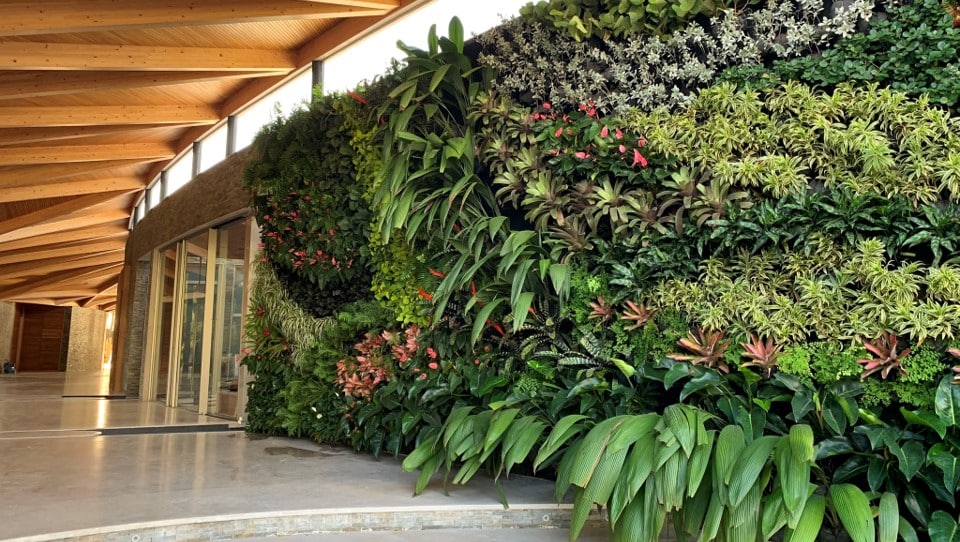
Context’s Landscape Architect Rafael Miranda discusses the benefits and advantages of retrofit landscaping in Aotearoa.
As a landscape architect based in New Zealand, I have the privilege of working in a country known for its stunning natural beauty. From the rolling hills of the North Island to the majestic peaks of the Southern Alps, New Zealand is where nature truly shines. However, as our urban areas grow and the pressures on our environment increase, it’s essential to approach landscaping with sustainability in mind. This is where retrofit landscaping comes into play.
Retrofit landscaping is the practice of reimagining and updating existing buildings and structures to align with sustainable principles. It’s a way to breathe new life into gardens, parks, and urban spaces without compromising our environmental commitment. Here are my thoughts on some of the key benefits of this approach and why it’s so crucial in New Zealand.
Enhanced aesthetic appeal
Aesthetics play a significant role in landscaping, and retrofit landscaping allows us to create beautiful, harmonious spaces that blend seamlessly with the urban environment. When designing retrofit landscaping, these solutions are incorporated from the conception phase and coordinated extensively with architects, structural engineers, and civil engineers, which allows us to create a special and unique landscape design. Each project will have singular and site-specific attributes that further enhance the aesthetic appearance of each design.
Increased property values
As a landscape architect, I know that well-designed landscaping can considerably impact property values. Retrofit landscaping, emphasising sustainability, can make properties more attractive to buyers. With more people seeking eco-friendly features, retrofitted landscapes can be a valuable asset in the real estate market.
Water conservation
Water conservation is another critical aspect of retrofit landscaping. Every drop counts in regions where seasonal droughts are a concern or where freshwater resources are limited. We can significantly reduce water usage by creating a water reuse system, such as retention tanks designed to capture and store excess water runoff for later use. Additionally, we can enhance water efficiency by incorporating epiphytes plants — plants without attachment to the ground or other obvious nutrient sources that are not parasitic. This helps conserve water and reduces the strain on municipal water supplies.
Improved stormwater management
New Zealand’s urban areas face challenges related to stormwater runoff, which can lead to flooding and water pollution. Retrofit landscaping offers innovative solutions to these problems. We can capture and filter stormwater by incorporating rain gardens, permeable pavements, and green roofs, reducing runoff and promoting groundwater recharge. This approach helps mitigate flooding risks and eases the burden on our stormwater systems.
Promoting community well-being
Finally, retrofit landscaping contributes to community well-being by creating inviting green spaces. These areas encourage people to spend time outdoors, promoting relaxation, recreation, and social interaction. They can also positively impact mental health, providing a sense of peace and connection with nature.
Retrofit landscaping is a powerful tool for creating sustainable, resilient urban environments. Whether it’s a residential garden, a commercial property, or a public park, the benefits of this approach are clear. By reimagining our landscapes with sustainability in mind, we can contribute to a greener, more harmonious future for New Zealand.
Find out more
Send us an email at hello@context.nz, and we’ll talk you through your commercial or residential retrofit landscaping options.